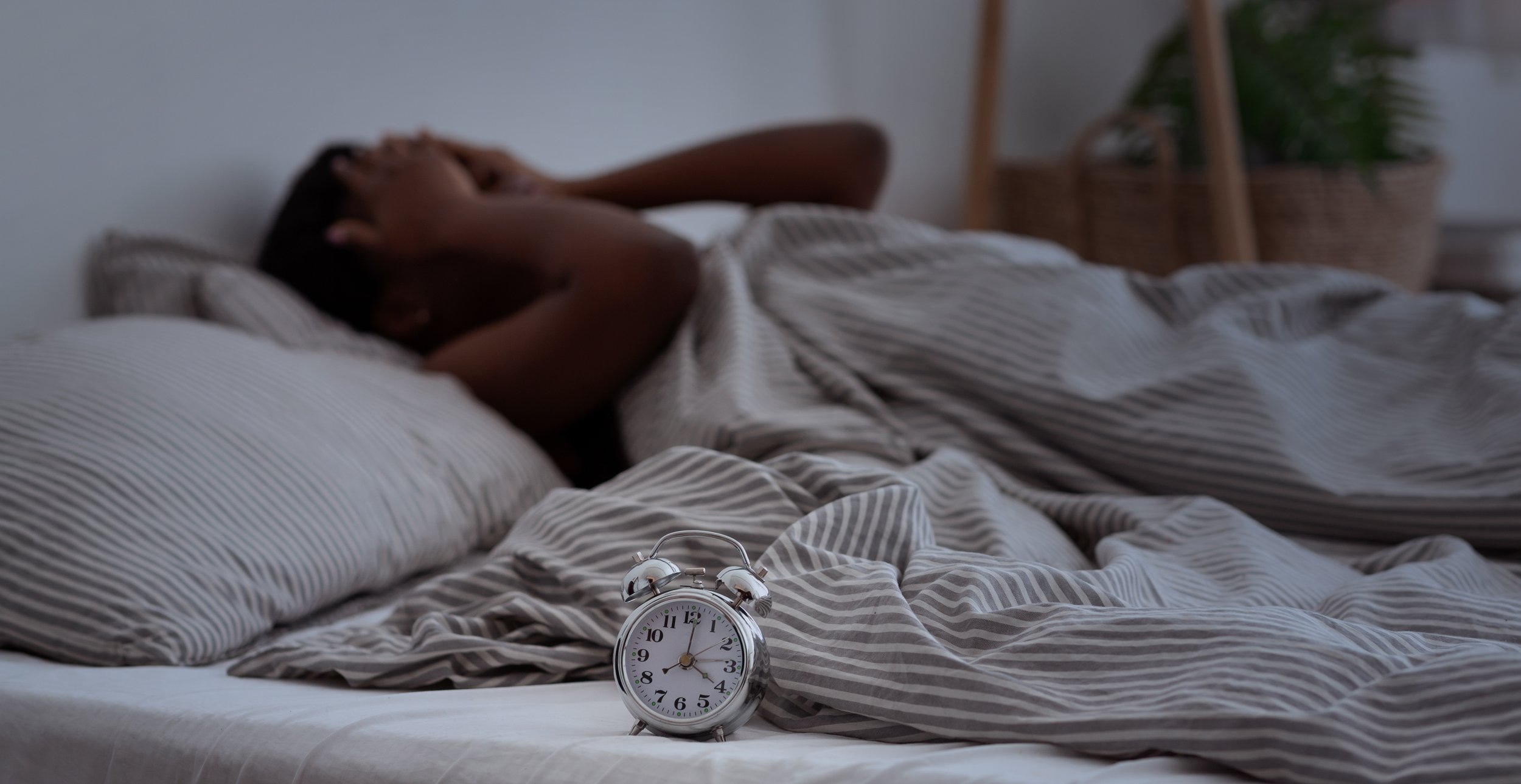Sleep Apnea, Depression, and Improved Well-being
It’s common to feel a little cranky or have trouble focusing when you haven’t had a good night’s sleep. But for the nearly 30 million people suffering from sleep apnea in the US, this consistent lack of restful, quality sleep can play havoc with their mental and physical health. New research reveals surprising overlapping symptoms and links between depression and sleep apnea and emphasizes a focus on early detection, diagnosis, and treatment for improved physical and mental well-being.
Obstructive Sleep Apnea (OSA), the most common type of sleep apnea, is a type of sleep-disordered breathing caused by muscles that relax during sleep, resulting in blocked upper airways. Sleep apnea is often characterized by snorting, gasping for air, and snoring— indicating that breathing starts and stops throughout the night. People who suffer from sleep apnea are unaware of these micro-arousals but have the following symptoms: excessive daytime fatigue, lack of mental acuity, morning headaches, dry mouth upon waking, and irritability. A landmark study in the journal Sleep was one of the first to connect sleep apnea and depression. It stated that the breathing cessation and snoring attributed to sleep apnea present a greater likelihood of depression and that the risk is highest for those suffering from obstructive sleep apnea. Blood oxygen levels also drop when breathing is cut off during an apnea event. Researchers believe this reduced oxygen supply alters brain functioning and that sleep apnea also changes neurochemicals in the brain. For example, they have discovered that sleep apnea sufferers have decreased levels of GABA, a chemical associated with controlling emotional response and providing a sense of calm. Of course, the stress of undiagnosed sleep apnea and the consistent fatigue and lack of mental acuity can also cause depression and anxiety symptoms.
When your brain realizes you’ve stopped breathing during an apnea episode, neurotransmitters are released to trigger the microarousals that wake you up. However, researchers at the National Sleep Foundation theorize that these neurotransmitters become depleted, resulting in a lack of energy and daytime sleepiness. These resulting symptoms create the perfect environment for depression and anxiety.
Because the symptoms of depression often overlap with symptoms of sleep apnea, it is difficult for people experiencing one of these conditions to realize they may also have the other. The symptoms of depression include sleep disturbances, fatigue, headaches, and trouble concentrating. People who suffer from depression are also more likely to have sleep apnea, so it is crucial first to get a diagnosis from your healthcare practitioner. Testing for sleep apnea begins with a sleep specialist who conducts a sleep study, which can now be easily done at home. If the test confirms a sleep apnea diagnosis, lifestyle changes may be the first line of defense. Since obesity is a common risk factor for sleep apnea, losing weight by changing diet and physical activity levels may help reduce the symptoms, while also helping with the signs of depression. Continuous Positive Airway Pressure, better known as CPAP, is also a common next-step treatment for sleep apnea and has been shown to help reduce the signs of depression that may be causal or in tandem with sleep apnea. A CPAP machine delivers filtered and pressurized air into the airways via an attached mask and hose, stabilizing the soft tissues of the mouth and throat and resulting in open airways. The improved breathing stemming from CPAP treatment has been proven to be not only an effective treatment for sleep apnea but also for depression, even in those patients that showed symptoms prior to beginning treatment.
Continual studies in sleep medicine confirm the importance of sleep as a pillar of overall good health. Improved quality of sleep and reduced symptoms of depression are necessary for both physical and mental well-being and quality of life.

